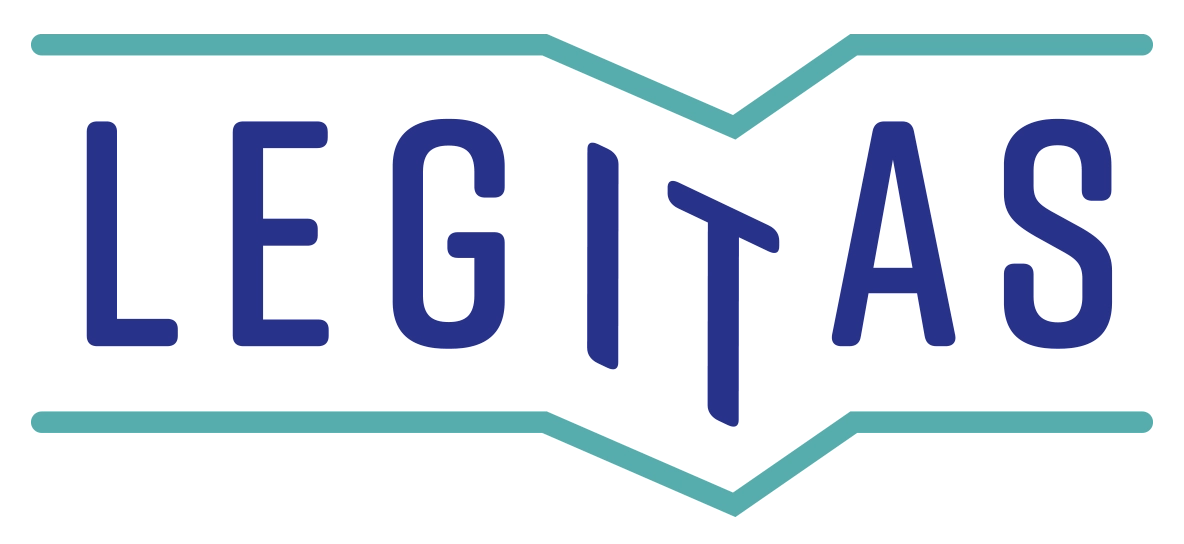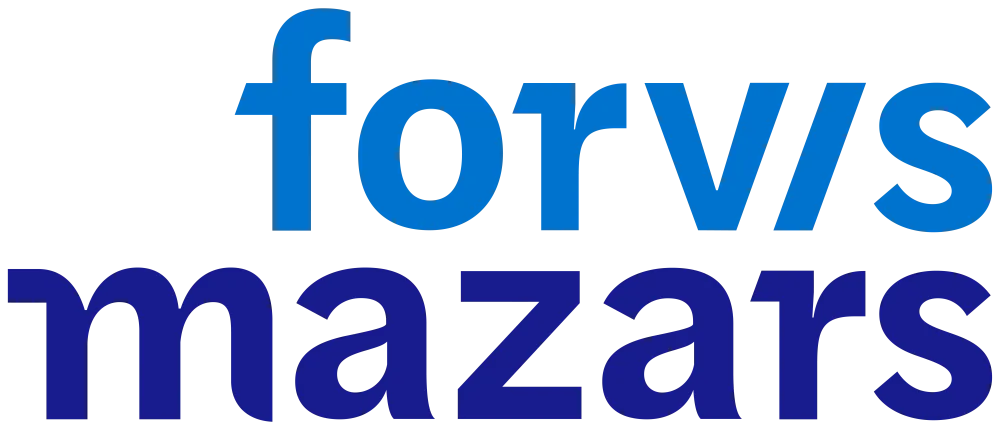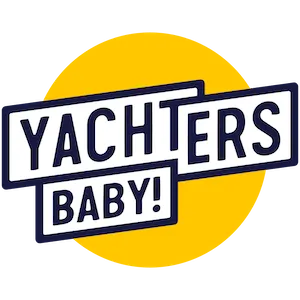Published:
We process accounting and taxes in the form of outsourcing for our clients, which saves time, worries and especially money.
We are not ordinary accountants to whom you send documents at the end of each month, they will tell you how much VAT you have to pay and that is the end of it. Our work is just beginning here, because processing VAT documents is the basis that every accountant should do. Our goal is for the client to have a monthly overview of how his company works, what his financial results are, to advise him (analyze) the loss areas of his business, etc. In short, to manage your company based on the numbers we supply them. The most important thing for us is for the client to prosper.
We used Trello, but it no longer suited us. It was not so clear, the support was not in Czech, sometimes we got lost in it. We lacked the features that Freelo has.
Our team currently has 9 people and our work is divided into accounting and payroll departments. Each member of the team is in charge of a certain number of clients to whom he is available and knows their company perfectly.

We work from our offices in Ústí nad Labem and 2 team members work from home.
1 externist, who processes Intrastat, works from an office in Prague.
Every morning we have a scrum, which is a maximum of 10-15 minutes, where we say what will be done that day. We will pass information across clients. The client owner, who is in charge of communication with the client, determines what the client needs and what may need to be supplied by other team members - for example from the payroll department. As a Scrum master , I set priorities for the day. It happens that the accountant says, today I will do thing X for client Y, but because something is hurrying somewhere else, we will operatively move our forces where it is necessary. '
Every day at 9:10, a scrum starts where everyone is ready and their tasks are recorded in Freelo. We'll show it on TV in the boardroom, go through it and let's work.
We have no such problems, all team members are responsible and do their best for the good of the company. The only thing that sometimes hampers productivity is the transition to new technologies before everything sits down and drives off. Otherwise, classic things, in the morning we will say what will be done today, then a phone call come from a client who needs something ASAP, so we will start working on it and in the evening we will find out that nothing has been done from daily tasks. 🙂
But we are accountants and we are here for clients, so we take it as part of our work.
We easily monitor productivity. We take a look at Freelo and immediately know who's on schedule.
The recent pandemic and quarantine made our work slightly more enjoyable . The government had X press releases every day, where the conditions for helping entrepreneurs changed from day to day. We had to monitor these changes daily, inform clients, solve their problems. That was enough. Some members of the team had to work from home, were connected to the morning scrum via Google Meet, there was no delay thanks to Freelo, and there was still an equally clear picture of who was in charge .

Don't forget deadlines, have responsibilities for each task, and don't lose track of individual clients and their needs . Lately, it's been a lot about the technologies that have begun to affect our field. Data digitization, AI and other tools. As soon as we see something where we would save time or costs, we try to implement it immediately. 🙂
We used Trello, but it stopped working . It was not so clear, the support was not in Czech, sometimes we got lost in it. We lacked the features we needed for our work.


The reason was several, a large range of available functionalities, clarity, mainly Czech support, timetracking. As with any new system, the start-up was slower, because we had to set all the things for each project (client) that must be monitored, posted, checked. Set responsibilities, deadlines, repetitive tasks, etc. Just tailor the whole thing to the client. We imported some clients from Trello, but there were a few. For most, we've rebuilt it better and better to get the most out of Freelo's functionality.

We are approaching 50 projects, so it soon looks like a transition to the Business plan. 🙂
As mentioned in the previous question, we have a separate project for each client, this project is further branched into individual To-Do Lists.

Both, from daily tasks, through repeated weekly, monthly tasks, to quarterly and annual tasks. We have already written for a few clients what not to forget in a year in the next income tax return.

We'll open Freelo in the morning and see who's on schedule. 🙂
The success of projects is influenced by team communication and information transfer . I would especially emphasize that we are a TEAM, we are here for each other, we have good relationships, we help each other.
Google Meet, email, skype, whatsapp, Signal, phone. We adapt to clients. Despite the time when everything is online and there are all sorts of tools to connect, personal meetings are simply always the most. You can't replace it with anything.
We also have a recurring task for cleaners to know when to prepare bins for removal.
Through internal training. We plan to customize the template I saw on Freelo's site. 🙂
Every task and process should have a deadline, a responsible person and basic info . Nothing more is needed.
Ability to set repetition of tasks without having to create a new task each time. Use of templates. Time tracking. There is a lot of it.
We mostly use task repetition without having to create a new task every time, templates and time tracking.
Every client has own new project.
We digitize the documents that the client brings us physically and then return the originals to the clients. The second possibility is that the documents are shared directly by the client, we process them and move them to the processed folder, so that it is clear which documents are already processed and which are not. We do not give documents from clients to Freelo.
Communication over projects, scrum, internal operational matters, training, time tracking and much more. We also have a recurring task for cleaners to prepare bins for removal. 🙂
The accounting company must tailor this to its client. Since I've seen some comments, every accountant would like to download the template from you and have as little work to do as possible. In my opinion, the universal template cannot be downloaded. It must always be tailored to the client. The accounting firm should be maximally inspired by other templates, but it should be done your way anyway.
We are missing the function of a recurring task that would be created without completing the original task. Example for a client: The "Post Bank March" task, where we miss the completion of the last subtask, because it is waiting for the client to deliver the last document. Before he adds, we already need the recurring task of "Post Bank April" to be created, and we do not want to delete the bank in March, when it is not yet completely finished. 😉
For now, we have to solve this with templates, where we will add the April bank ourselves.
Organization, overview, security.
You're welcome. 😉








































